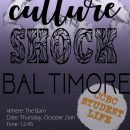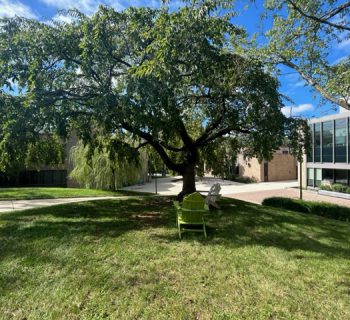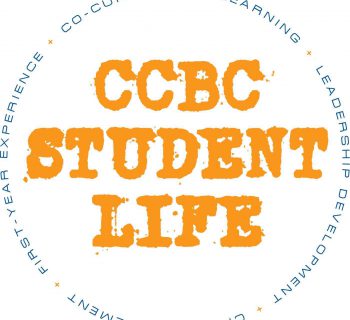James Hanmer
Tracy K. Smith read selected poems from her expansive body of work to students, faculty and visiting high-schoolers on Tuesday, October 24th, in the F. Scott Black theatre at CCBC Essex.
In 2017, 6 years after the release of her Pulitzer Prize winning volume, “Life on Mars”, Smith was elected by the Library of Congress’ Poetry and Literature Center to the position of Poet Laureate, and has since served as the official poet of the United States. She also teaches creative writing at Princeton University.
Formerly elected Laureates for Poetry include the ubiquitously revered Robert Frost (1958-1959), and one of Smith’s biggest influences, Elizabeth Bishop (1949-1950). Like Frost and Bishop once were, Smith is now charged, in her current capacity, with the responsibility of increasing national awareness and appreciation of poetry.
Smith began her reading with poems and excerpts from her first published volume, “The Body’s Question”, which deals with themes of loss and coming of age. The subtle inflections in her otherwise tranquil voice seemed to reveal which segments of verse were written specifically about the death of her mother, who passed away when she was 22.
It was about this same time when Smith’s interest in poetry bourgeoned into a passion, which was sparked by her attending poetry readings, and consuming work by living writers, who, as Smith says, “spoke to a world that I actually recognized”.
And for Smith, that world can sometimes be a dark place. As she read excerpts from “Into the Moonless Night” and “Slow Burn”, a church-like hush descended over the hundred plus in attendance.
Smith jestingly apologized for the depressing air several of her poems seemed to exude. She says she feels it is important to “Let every part of yourself have access to your voice as a writer”, which for Smith means accepting her is “inextricably tied up in who I am as a black woman in America in the 21st century.”
In many of the poems in her upcoming volume, entitled “Wade in the Water”, Smith faces the residual effects of our nation’s history of systemic racism head on, but manages to communicate her opinions apolitically and from a humanitarian standpoint.
Smith says poetry can be a tool used to “go below the decibel level of the media”, which was precisely what she achieved in reading “I Will Tell You This, I Will Tell You All About It”, which pieces together remnants of letters written by black Union soldiers and their family members to the government, concerning wages they had yet to receive years after the end of the civil war.
“Wade in the Water” comes out April 3, 2018, and was recently featured in The New Yorker. Tracy K. Smith’s poems are also available for free online, on the Poetry Foundation website.















This sounds really cool. As a poet, I’m always interested in reading other poets’ works, and talking with them to learn more about the craft. I’ve been to laureate readings in the past, and I’ve enjoyed hearing their works as in their own voices. It’s also really cool when they talk about a personal moment in the writing process, or how the poem was inspired or came to be written.
Thank you for sharing this. I will have to check out Tracy’s book when it comes out in April.